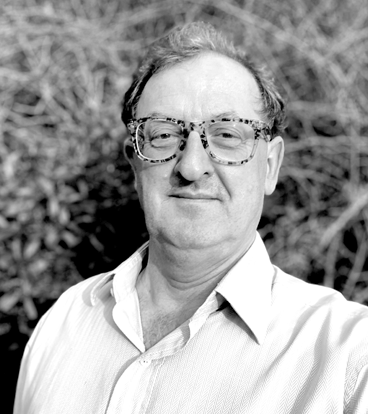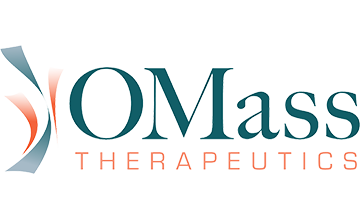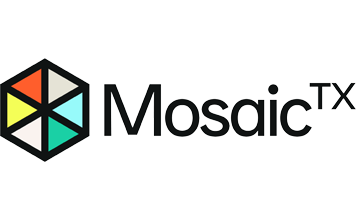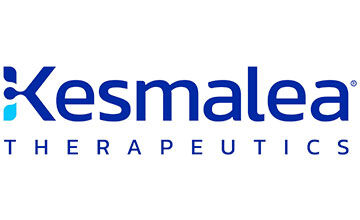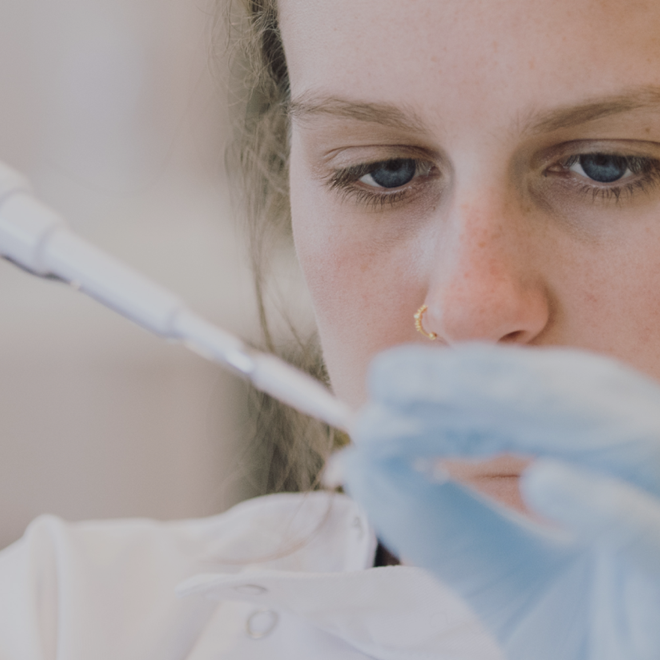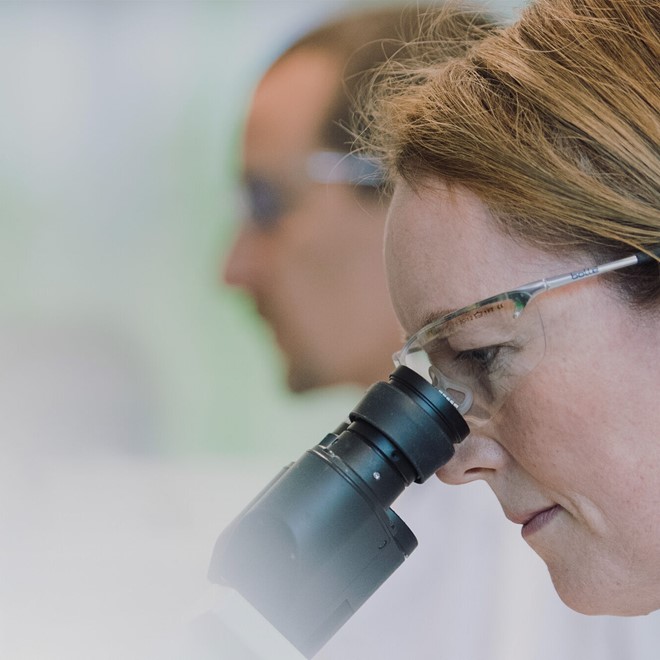
- Founded
- 2024
- Founder
- Professor Paresh Vyas
- Shareholding
- 61%
- Stage
- Pre-clinical
Unless stated all financials at 31 December 2024
Yellowstone is pioneering soluble T-cell receptor (TCR)-based therapies to unlock a new class of cancer therapeutics.
Yellowstone has been spun out from the University of Oxford with the support of Oxford University Innovation (OUI) and is built around the pioneering work of renowned academic clinician, Prof. Paresh Vyas, Professor of Haematology Deputy Director of MRC Molecular Haematology Unit at the University of Oxford and Oxford University Hospitals NHS Trust. Yellowstone has proprietary access to a biobank of over 10,000 samples from over 3,000 AML patients, which includes patients that received allogeneic stem cell transplantation. A small number of the 3,000 patients were cured by bone marrow transplantation whilst, unusually, avoiding any donor immune-related toxicity against healthy tissues. Work from Professor Vyas’s laboratory at the University of Oxford, through the study of this unique cohort of cured patients, has identified a set of frequently expressed antigens belonging to a novel target class that has been poorly explored to date. Targeting these antigens, and others in their class, has the potential to extend life and possibly cure patients from cancer by killing the tumorous cells whilst minimising harming healthy cells.
Leveraging this unique biobank and world-class protein engineering capabilities, Yellowstone is advancing its lead programme in AML, with pipeline potential across a range of other common cancers including ovarian cancer, non-small cell lung cancer (NSCLC), colorectal cancer, prostrate cancer and melanoma.
Syncona added Yellowstone to the portfolio by committing £16.5 million to the company in a Series A financing in March 2024. The company subsequently launched with an experienced and industry-leading team, including Prof. Vyas as CSO, Julian Hirst as CFO, who has over 20 years of financial experience, and Neil Johnston as Executive Chair, who spent 17 years at Novartis, most recently as global Head of BD&L and member of the Novartis Pharma Executive Committee.
Investment thesis
- Yellowstone is developing treatments for oncology indications with a high unmet patient need that presents a significant commercial opportunity
- It is advancing its lead programme in acute myeloid leukaemia (AML), with pipeline potential across a range of other cancers
- The company spun out from the University of Oxford around the pioneering work of Prof. Paresh Vyas, a world leader in haematological oncology
Unmet medical need
- AML represents a significant unmet need with overall median survival of 8.5 months; AML accounts for 62% of all leukaemia deaths1
- An ongoing challenge for the industry has been identifying frequently expressed antigens that can be targeted therapeutically across patients, a challenge that Yellowstone’s platform overcomes
Market opportunity
- >40,000 new cases of AML annually across the US and Europe2
- ~80% of all AML patients progress to relapsed/refractory (r/r) status which has median survival of 3-6 months, and no universally agreed standard of care for the majority of patients2
- Yellowstone’s class of therapeutics has the potential to address unmet clinical need in a broader set of cancers beyond AML, expanding the market opportunity significantly
1 ScienceDirect.
2 Yellowstone analysis.
Syncona team

Chris Hollowood
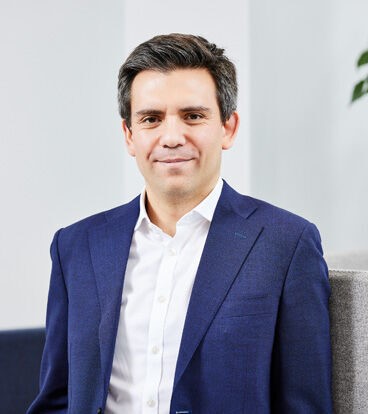
Gonzalo Garcia

Raghd Rostom
Yellowstone Biosciences leaders and founders

Professor Paresh Vyas
